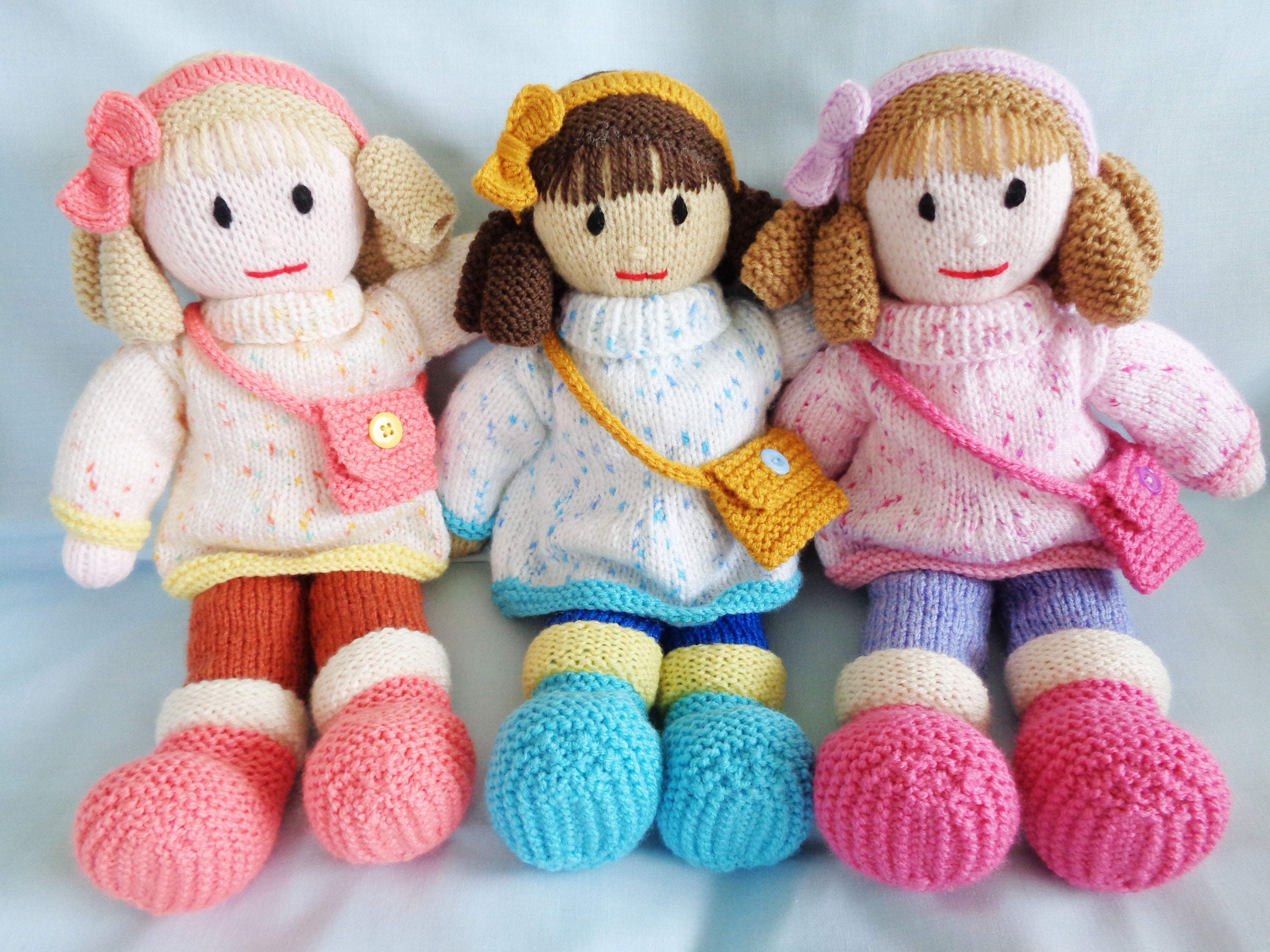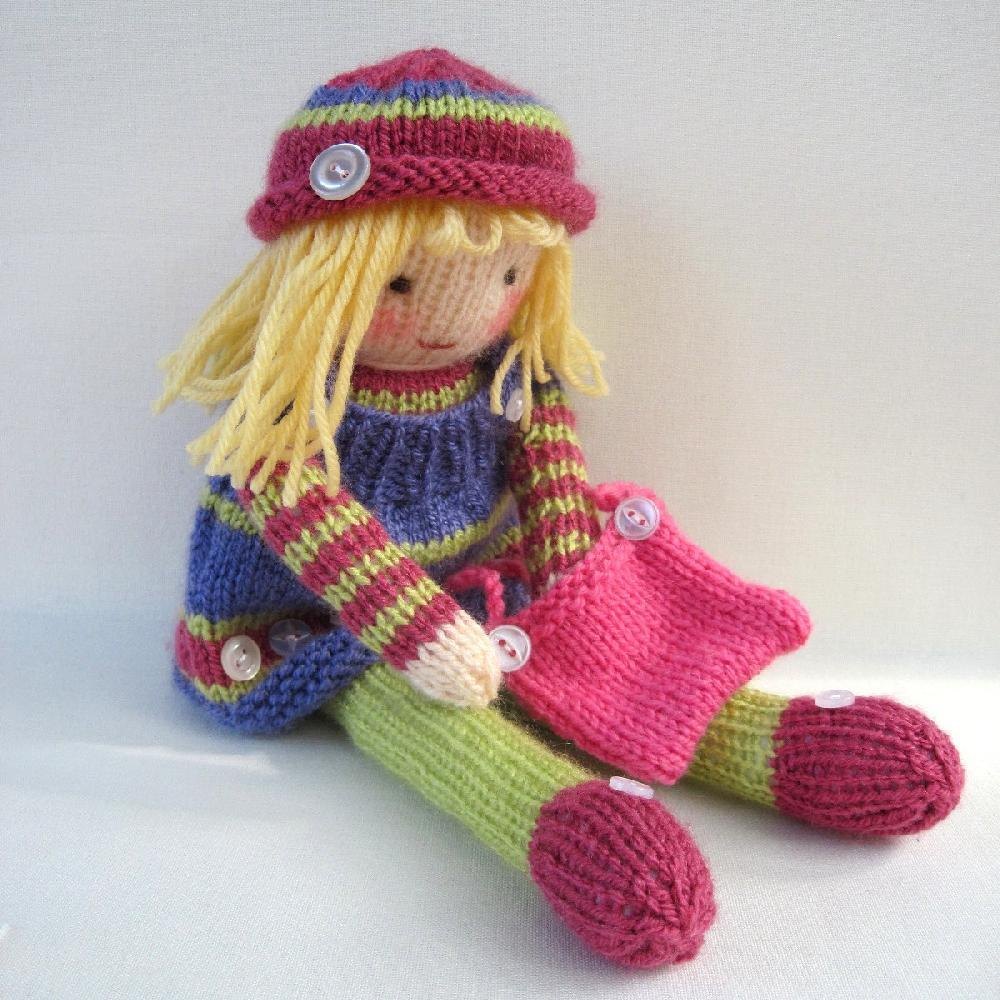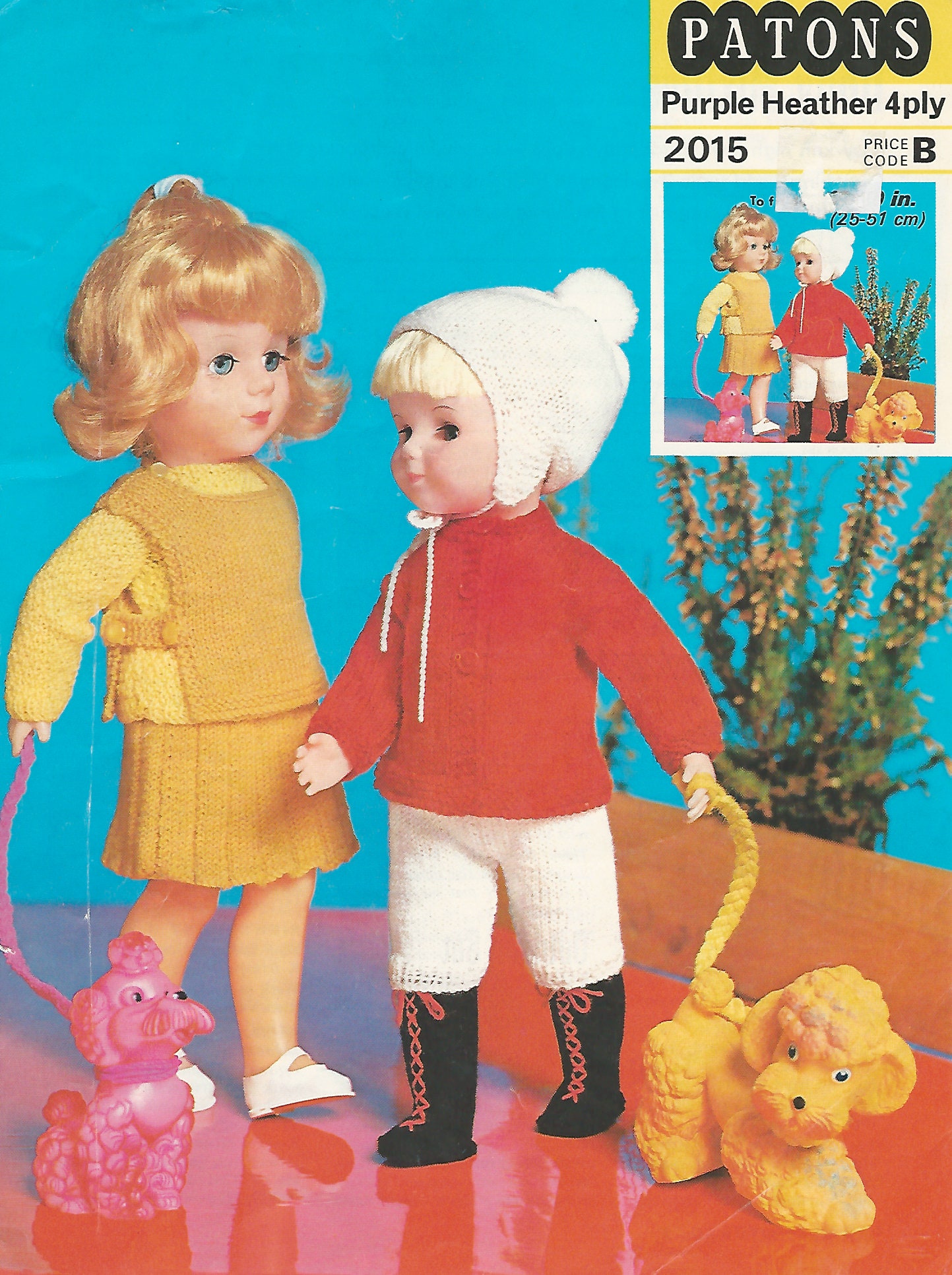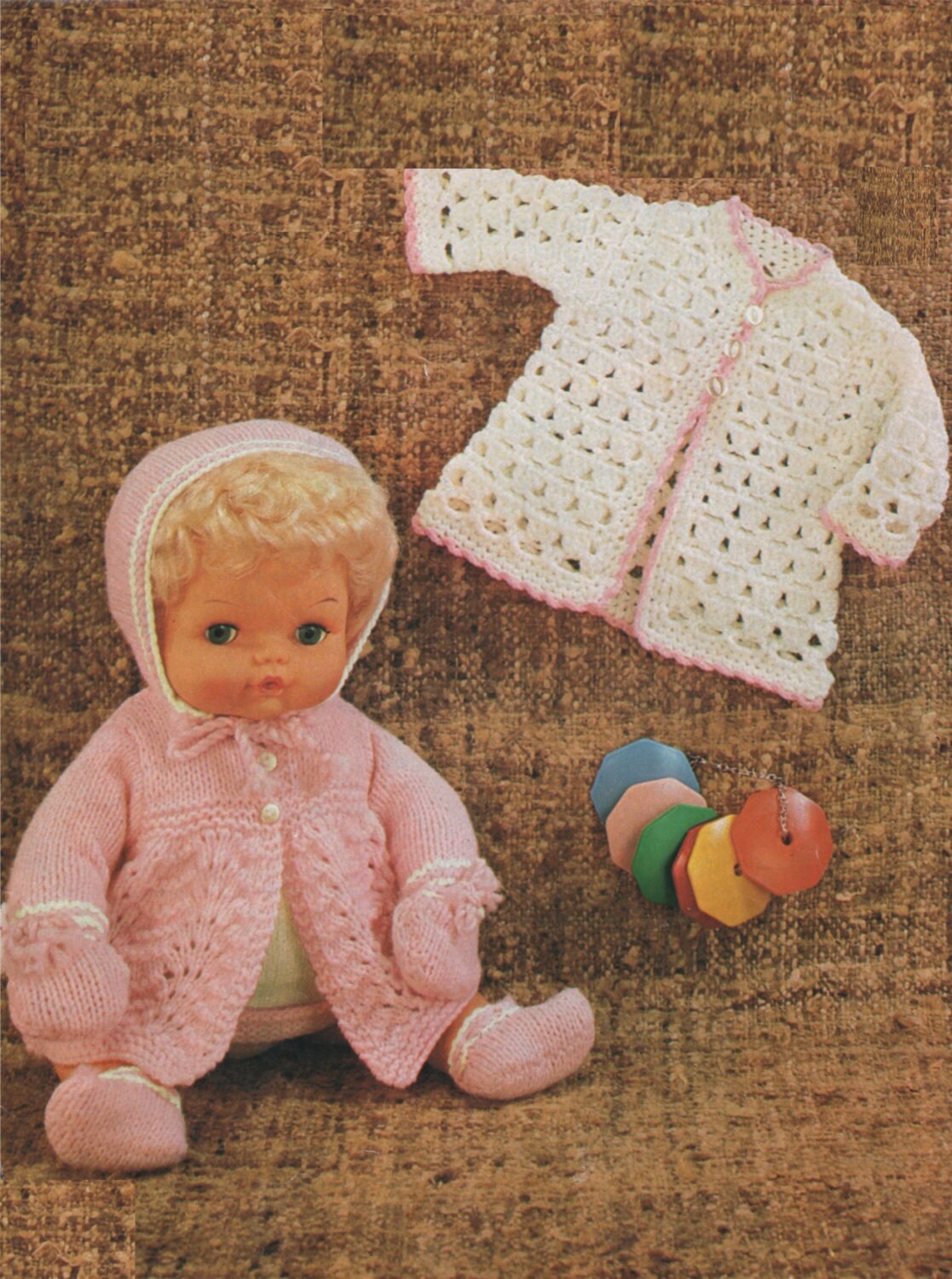dolls knitting patterns to print free uk
dolls knitting patterns to print free uk
dolls knitting patterns to print free uk Sewing is a craft that the states a needle and weave to tie something or connect something . The history of sewing dates back thousands of age BC . Sewing has its own basic stitchery technique, different from weaving and embroidery . In general, all still use the basic techniques of traditional sewing, until the stitchery car came out in 1790, invented by Thomas Saint.
Download
Basic Sewing Techniques
Nowadays , sartors in the main use sewing machines more frequently . The political machine is shared out into two, namely traditional and electric . Even so, the staple stitchery proficiencies are still beingness studied because purchasing a machine requires more capital . Another rationality is that exploitation staple sewing techniques bequeath impart you much best results and diverseness than machines . Here's an explanation for the basic sewing proficiency:
1 . Skewers
The basic proficiency of sewing a basting stitch stitch is a technique in which the pattern affects from baby to left . This stitch technique is useful for devising sews neater and even perfect . The basting stitch pattern has 3 purposes, viz. sewing the sides of the material, close the terminates of a shape, and fashioning the material have a wrinkle effect.
As for the basting technique, there are 3 types, that is to say:
Ordinary Skewers : This technique is done with unequal distances, different.
Skewer a certain distance : This proficiency the states a uniform distance . This type of basting stitch is utilitarian for temp stitches.
Skewer Barrier : This proficiency uses a single space . 'tween each stitch . This stitch is made with doubled threads so that when the stitch is ruined, there is a tincture of the last stitch.
2 . Stabbing Traces / Flip
The following basic sewing proficiency is the imprint stabbing proficiency or some other identify for the back up stab stitch . This trail stitch has the same vallecula as a stitching machine . How to make a trail stab stitch pattern is to do the stitches twice from the top stitch . The function of the trail shot is to get ornamental agate line decorations that are straight person, circular, or other shapes according to the sought after design . Examples of the resultant roles are the motifs on the sarong in the cast of boxwoods, making accented businesses, writing, and others . Another function is to connect cloths with other textiles and slide fastener connections with fabrics.
3 . Skewer Flannel
The basic technique of stitching flannel stitches is generally secondhand as a method of sewing the edges of the garment being overlaid . Basically, flannel stitches are used on fabrics that wealthy person an expensive merchandising valuate . The flannel stitch proficiency has 3 united states of americas, viz. as decoration, basic stitches, and shadower embroidery with stringent spatial arrangement that can follow the motive.
How to apply a flannel stitch is to do a basting stitch stitch on a textile that has been sewn 3-4cm with a 0.75cm step backward . Insert the needle to the right hand and back over again 0.5 cm . Thread back over the first sew together and go forward until you're done.
4 . Skewer Feston
Feston has a use to coating the lint on the seam . An exercise is the grommet on the sleeves in baby wearing apparel . In addition, the Feston stitch pattern also villeins as a decoration . Especially if the combination of basic and decorative thread colors has a good concordance . The form of decoration that can be made with a festival pattern is a flower-like pattern.
5 . Prick the Wrap
The bandage sew together practice is useful for sewing damaged lint on roller clinches . Another office is as a finish technique on the edge of the seam . How to sew with the basic technique of balut stitch is left field to right and vice versa at a rebuff angle.
6 . Skewer / Stem
Especially useful as a ornament on a material . The results that can be obtained from reefers are in accord with the resultant roles, videlicet the pattern of the stem . It is possible to make other institutions with stick sticks, but in general they are made to make sticks.
How to utilize the stick sew pattern is to sew back 1/2 cm and tie 5-6 threads to the textile . After that the needle is pulled out and acquires a straw sew together . This practice is repeated until the sought after resultant role is obtained . If you want to make a larger size, the stitch length is made tighter and the fabric is bigger.
7 . Chain Stitch
As the name connotes, the basic proficiency of stitching a chain stitch has a practice that forms a chain . This rule is useful for devising ornaments on materials in the form of irons, for exercise, tree ramifies and tree ramifies.
How to gain a chain run up is to take a tread frontwards in sewing . First, stick the needle from the bottom to the top of the fabric . After that the needle will be inserted back into the hole where the needle formed a circle due to the previous puncture . Pull the needle and iterate the pattern until the sought after traffic pattern is formed.8 . Cross Skewer
The cover stitch traffic pattern is used as a ornament on the stuff . How to work a cross sew together approach pattern is to sew from the top right wing to the bottom of the inning left field, after that the direction is made to the bottom of the inning right . The second stab volition begin at the bottom right and so work towards the top left . Make sure that the stitches are aligned at the top and bottom so that they phase a groovy cross sew . Repeat until you get the coveted result.
9 . Skewer Piquar
The piquar stitch is a staple sewing proficiency that is utilitarian for attaching furred materials . Generally used on fur pelages, jackets, or suit of clothes . Another office of piquare stitch is as a palm on other dress.
10 . Skewer Som
The som stitch blueprint is used to sew and lock the congregations in the material . Fabrics that have been locked with a som stitch pattern cannot be opened over again easily . How to use the som technique is to stay the wind into the folded material . Pull the wind and and so stab it back next to the stitch with a nasty distance . Repeat until you get finished sewing the folds.
11 . Flatback
The staple technique of sewing a straight stitch is from left to right hand . This practice is made by departure up and blue in a heterosexual line and in layers covering the stallion surface of the ornamentation . This proficiency is in general used to make ornamentations in the form of foliages or blossom crowns, and doll noses.
12 . Open Chain Stitch
Is one descriptor of ornamental stitch that alters . This run up is fundamentally a chain run up with its own variances . This pattern is generally made into ornament on birds because it word forms an open mouth.
13 . Skewers
Similar to the roll stitch type . The difference is in the function . The parallel bars function to ornament the come out, spell the roll stitch technique is useful for connecting two textiles together . Examples of gratings are the mould of the eyes, nose, rima oris, and blossom crowns.
14 . Skewer Roll
The staple proficiency of sewing a roster stitch, as the name indicates, this normal forms a circle when applied . This technique is secondhand to connect the material so that the ends of the cloth do not pile up.
15 . Bullion Stab
The Bullion stitch technique is not a basic sewing technique . Bullion is an advance technique seldom used by tailor-makes . The bullion stitch pattern makes tiny string of beads to organise tiny blossoms and sir thomas more.
16 . Skewer Roumani / Rumani
The roumani proficiency is the same as the bullion stitch . This proficiency has an advanced flat and is not normally used . The Roumani stitch figure is utilitarian for forming decorations with details, for exercise, yearn leafages and peaks.
17 . Satin Skewer
The satin stitch pattern is used to make leaf-shaped decorations in superior general . In addition to leaves, satin stitch proficiency can too be used to signifier various decorations as in demand.
18 . Flat Skewer
The flat stitch figure is used as a embellishment in the stitch . In general, to fill in the empty fields in the framework that has been created.
19 . Straight Skewer
The staple technique of sewing a heterosexual person stitch has the same practice as the name connotes, which is heterosexual . This technique is secondhand to form blooms and grass with heterosexual sew togethers.
20 . Skewer Flowers
The basic technique of stitching flower stitch has a very singular traffic pattern . Patterns of bloom stitches change wide with the resultant roles forming the framework of a flower . How to do a different bloom stitch according to the coveted flower.
21 . Skewer Veston
The daar technique of sewing the vetson stitch is secondhand on tablecloths, covers, textile edges, wear edges, and so on . Including easy and can be done as didactics to babies . The sewing instruction can be done from leftfield to redress or vice versa . Start stitching by lancinating from the interior of the material at a position 1 cm from the end of the cloth, after that pull it out . Put it back in the cloth near the number one hole and pull it gently . After that there will be a circle of thread, put the meander in the circulate and so pull it . Repeat until ruined stitchery.
Download



Posting Komentar untuk "dolls knitting patterns to print free uk"